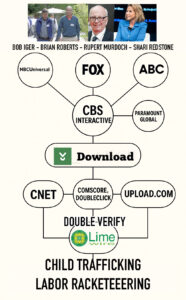In a recent ruling, UK judges emphasized that legal actions regarding arms exports to Israel are within the government’s purview.
Nonprofits Fail in Legal Challenge Against UK Fighter Jet Exports to Israel

Nonprofits Fail in Legal Challenge Against UK Fighter Jet Exports to Israel
British court decides arms sales to Israel are a governmental matter, not judicial.
A coalition of nonprofit organizations has faced a setback in their effort to block the UK's export of fighter jet parts to Israel. On Monday, judges determined that the decision regarding such arms deals lies with government authorities rather than the judiciary.
Last September, the British government had temporarily suspended arms sales to Israel, canceling 30 out of 350 current licenses after an evaluation suggested that these weapons could potentially lead to severe breaches of international humanitarian law. However, the government upheld licenses for components deemed unrelated to ongoing military actions in Gaza and for those associated with the multinational project to produce and maintain F-35 aircraft, which are deployed by Israel alongside other nations, stressing the program's importance for global security.
The legal challenge was spearheaded by Al-Haq, a human rights organization based in the West Bank, along with the London-focused Global Legal Action Network, supported by prominent entities such as Amnesty International, Oxfam, and Human Rights Watch. During a four-day session at the High Court of England and Wales last month, legal representatives argued that continuing to supply F-35 parts to Israel violated the UK’s obligations to adhere to the Geneva Conventions and safeguard against genocide while barring arms sales that could harm civilians.
Ultimately, in its ruling, the High Court clarified that it lacked the jurisdiction to assess whether Israeli actions in Gaza constituted genocide or war crimes, affirming that decisions regarding the UK's involvement in the F-35 program were best left to government ministers.




















